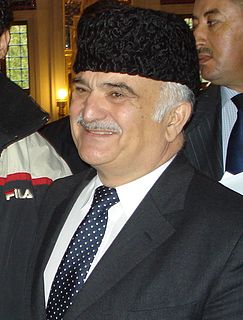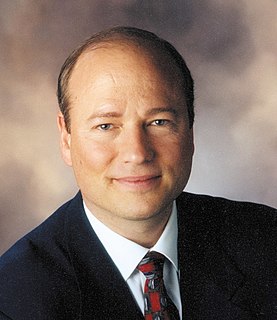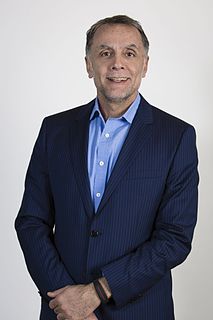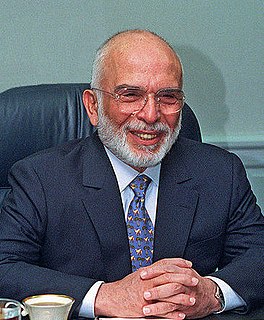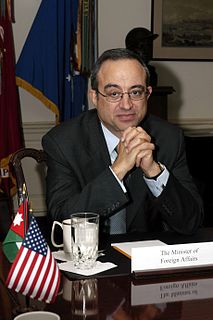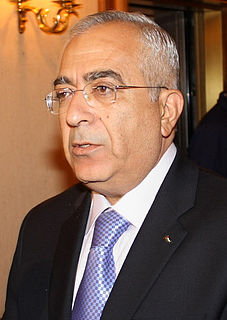A Quote by Prince Hassan bin Talal
A universal ethos cannot be thought the property of any one culture.
Related Quotes
It is a moot question whether the origin of any kind of property is derived from nature at all. It is agreed by those who have seriously considered the subject that no individual has, of natural right, a separate property in an acre of land, for instance. By a universal law, indeed, whatever, whether fixed or movable, belongs to all men equally and in common is the property for the moment of him who occupies it; but when he relinquishes the occupation, the property goes with it. Stable ownership is the gift of social law, and is given late in the progress of society.
Legislators cannot invent too many devices for subdividing property... Another means of silently lessening the inequality of property is to exempt all from taxation below a certain point, and to tax the higher portions of property in geometrical progression as they rise. Whenever there is in any country, uncultivated lands and unemployed poor, it is clear that the laws of property have been so far extended as to violate natural right.
Thirdly, the supreme power cannot take from any man any part of his property without his own consent: for the preservation of property being the end of government, and that for which men enter into society, it necessarily supposes and requires, that the people should have property, without which they must be supposed to lose that, by entering into society, which was the end for which they entered into it; too gross an absurdity for any man to own.
A free culture is not a culture without property; it is not a culture in which artists don't get paid. A culture without property, or in which creators can't get paid, is anarchy, not freedom. Anarchy is not what I advance here. Instead, the free culture that I defend in this book is a balance between anarchy and control.
An empirical philosophy is in any case a kind of intellectual disrobing. We cannot permanently divest ourselves of the intellectual habits we take on and wear when we assimilate the culture of our own time and place. But intelligent furthering of culture demands that we take some of them off, that we inspect them critically to see what they are made of and what wearing them does to us. We cannot achieve recovery of primitive naïveté. But there is attainable a cultivated naïveté of eye, ear and thought.
A free culture supports and protects creators and innovators. It does this directly by granting intellectual property rights. But it does so indirectly by limiting the reach of those rights, to guarantee that follow-on creators and innovators remain as free as possible from the control of the past. A free culture is not a culture without property, just as a free market is not a market in which everything is free. The opposite of a free culture is a "permission culture" -- a culture in which creators get to create only with the permission of the powerful, or of creators from the past.
Property must be secured or liberty cannot exist. But if unlimited or unbalanced power of disposing property, be put into the hands of those who have no property, France will find, as we have found, the lamb committed to the custody of the world. In such a case, all the pathetic exhortations and addresses of the national assembly to the people, to respect property, will be regarded no more than the warbles of the songsters of the forest.
